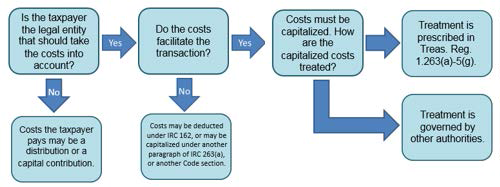On August 21, 2018, the IRS issued guidance regarding recent statutory changes made to Section 162(m) of the Internal Revenue Code. Overall, Notice 2018-68 strictly interprets the Section 162(m) grandfathering rule under the Tax Cuts and Jobs Act.
Public companies and other issuers subject to these deduction limitations will want to closely consider this guidance in connection with filing upcoming periodic reports with securities regulators. Further action to support existing tax positions or adjustments to deferred tax asset reporting in financial statements may be warranted in light of this guidance.
read more

 Subscribe
Subscribe





